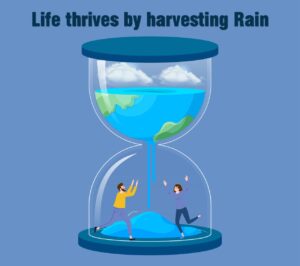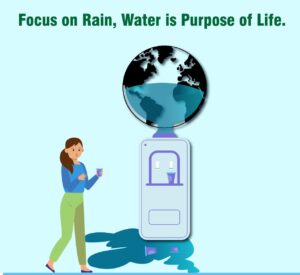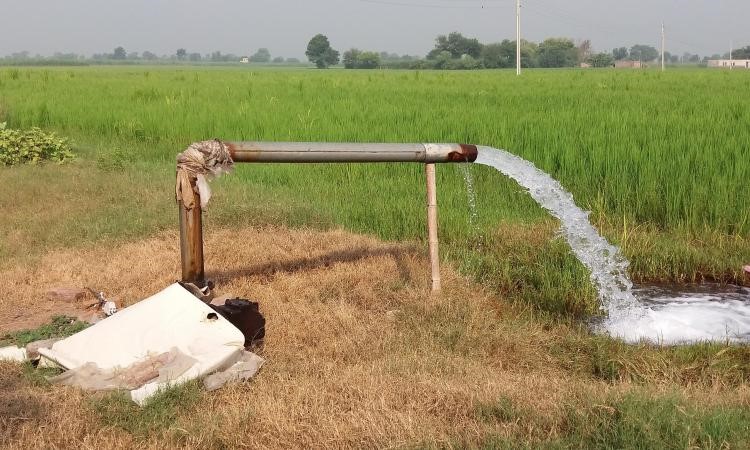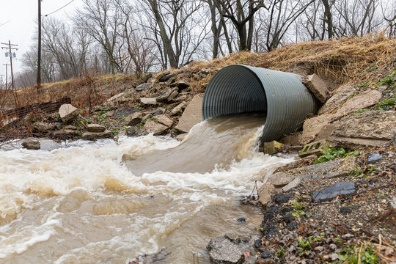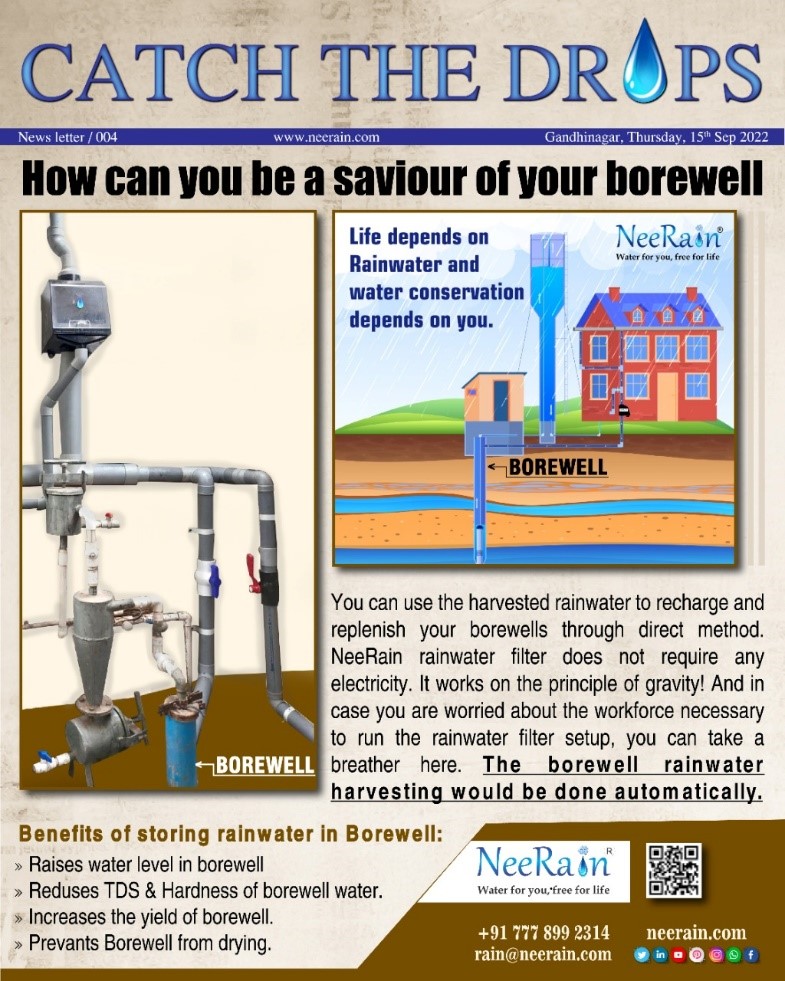BELAGAVI: The prevailing water crisis has affected normal life in Belagavi city with educational institutions planning to switch to online classes, hospitals postponing minor surgeries and industries reducing the number of working hours.
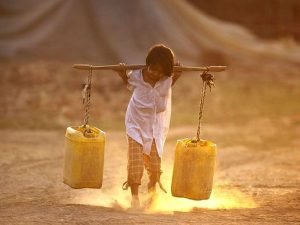 Photo courtesy: pinterest
Photo courtesy: pinterest
St Paul’s English Medium School, one of the prestigious educational institutions in north Karnataka, has decided to switch to online mode from Monday due to shortage of water. St Paul’s School falls under the Belagavi Cantonment Board (BCB), where water crisis has reached its peak. The school, with a strength of 2,200 students, on Friday had announced plans for online classes from Saturday and later postponed that to Monday as parents of one of the students have supplied two tanker water. A few more schools will switch to online classes if the city doesn’t get rain in a day or two.
Father Savio Abreu, principal of the school, said that the campus has an open well and a borewell which have completely dried up following which it was decided to go online. “Water supplied by a parent on Friday was used on Saturday and we would switch to online classes from Monday if we fail to get water till Sunday night,” he said.
Father Sebastian Pereira, vice principal of the school, said that it was the prime responsibility of the school to provide safe drinking water to students, apart from toilets and washrooms.
The Rakaskop reservoir, one of the primary sources of water for Belagavi city, has just half-a-feet of mud water. The district administration is supplying water in tankers to the rural areas. Things would turn from bad to worse if the city doesn’t receive rain within a week.
Many private hospitals that buy water have postponed minor surgeries and are attending to only emergency cases.
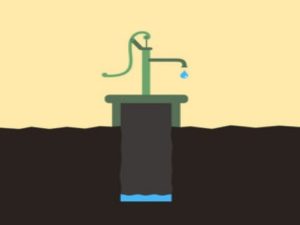 Photo courtesy: Adobe Stock
Photo courtesy: Adobe Stock
As the water sources have gone dry, many government district hospitals are already following the same.
The 1,000-bedded district hospital in Belagavi, which is attached to Belagavi Institute of Medical Sciences (BIMS), has planned to buy water from private water sellers. Since the cost was not affordable, the institute, which has a medical college, has planned to send the students of the hostels to their native places so that it can utilise available water for inpatients.
BIMS director Dr Ashok Shetty said that there is no alternative than supplying water to inpatients, mainly those in the maternity wards. Industries in Belagavi have also reduced the number of working shifts due to scarcity of water, which is affecting the economic sector. Belgaum Chamber of Commerce and
Industries former chairman Vikas Kalghatagi said many industries have been closed down and some are reducing the number of working hours.
City Corporation commissioner Rudresh Chali said: “We are responding to serious problems. City Corporation has proposed to disilt and recharge wells to get water.”
Neerain is proud to republish this article for spreading awareness about situation of water, for our stake holders. Credit whatsoever goes to the Author.
This article is published by: –
We would like to spread this for the benefit of fellow Indians.
Publish On: Jun 18, 2023

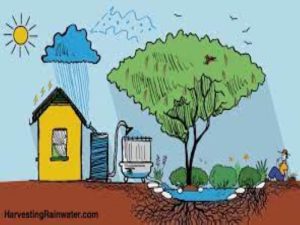 Photo courtesy: HarvestingRainwater
Photo courtesy: HarvestingRainwater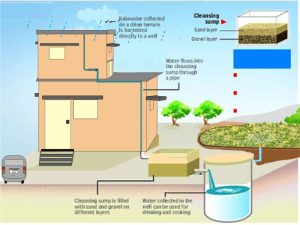
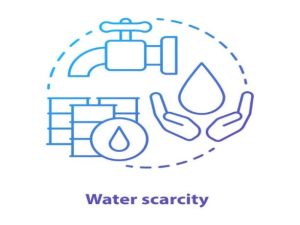 Photo courtesy: Istock
Photo courtesy: Istock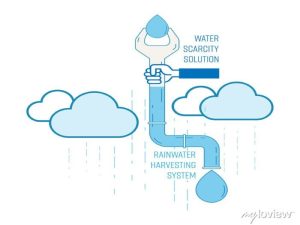 Photo courtesy: Myloview
Photo courtesy: Myloview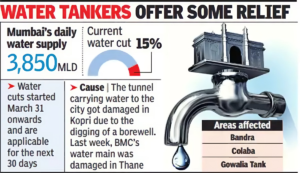
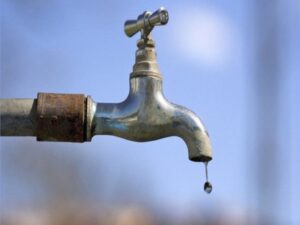 Photo courtesy: Salahuddin
Photo courtesy: Salahuddin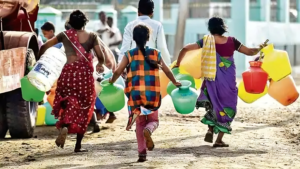 Photo courtesy: Hindustan Time
Photo courtesy: Hindustan Time